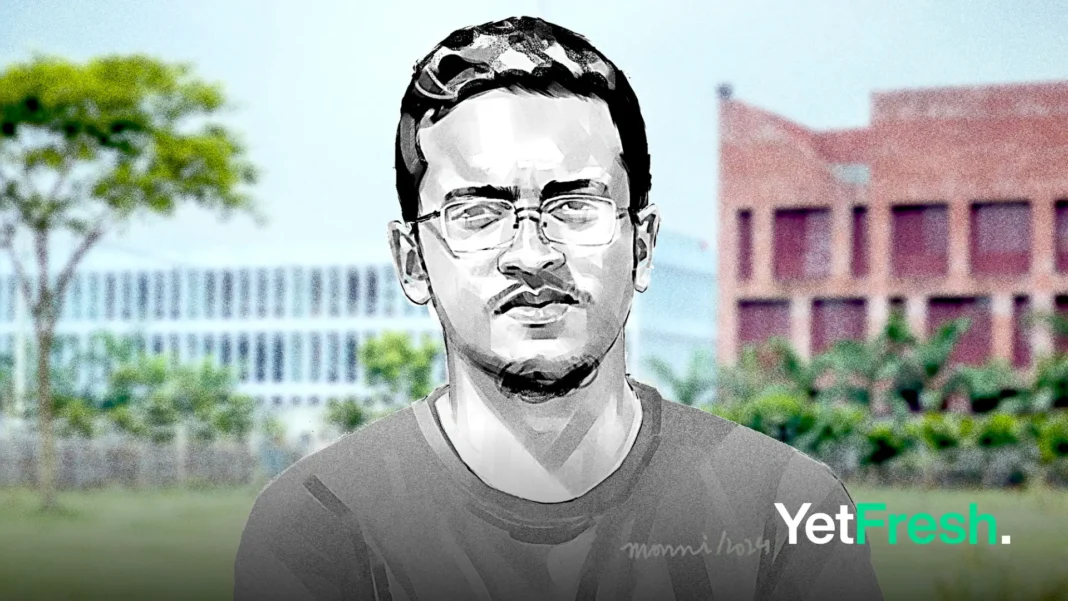No time to read? Just listen to the news!
TL;DR
- A study by US-based “Sochchar” reveals that 80% of university torture victims in Bangladesh are general students, with all incidents perpetrated by Chhatra League activists.
- The research, based on 50 interviews from 2010 to 2024, shows 84% of torture incidents occurred in university residential halls.
- August saw the highest number of torture incidents, possibly due to increased political activities around National Mourning Day on August 15.
- Academics and human rights activists emphasize the need for political action to address the long-standing issue of campus violence and its impact on national politics.
The Bangladesh Chhatra League (BCL), the student wing of the former ruling Awami League, has been responsible for torturing students on university campuses across Bangladesh, with 80% of the victims being general students suspected of affiliating with political opponents, according to a study by US-based human rights organization “Sochchar – Torture WatchDog Bangladesh.”
The study, released on the death anniversary of Bangladesh University of Engineering and Technology (BUET) student Abrar Fahad, was based on interviews with 50 students who were subjected to torture between 2010 and 2024. The findings, presented by Shabbir Ahmed, president of Sochchar and a postdoctoral research fellow at the University of Virginia, revealed that 84% of the torture incidents took place in university residential halls, with victims summoned to specific rooms and subjected to physical and psychological abuse.
Students from various public and private universities were among the victims, with the highest number of incidents occurring in August, possibly due to heightened political activities surrounding the Awami League government’s designated National Mourning Day on 15 August.
During the webinar, Professor Saleh Hasan Naqib, vice-chancellor of Rajshahi University, noted that the Chhatra League’s reign of terror had dominated university campuses over the past 15 years, impacting national politics and leading to the appointment of unqualified individuals in key positions.
Professor Abdul Hasib Chowdhury, pro-vice-chancellor of BUET, emphasized the need to address campus torture incidents politically, stating that the issue has been prevalent for the past 50 years.
Professor CR Abrar, president of the human rights organization Odhikar, highlighted that Abrar Fahad had spoken out on issues concerning the public before his murder. Nur Khan Liton, former executive director of Ain o Salish Kendra and chief adviser of the human rights organization HRSS, pointed out that the cold-blooded murder of Abrar Fahad mirrored a pattern practiced in Detective Branch offices, with political labels used to normalize such actions.
The study, which also involved researchers from Texas Tech University and the University of Illinois, sheds light on the alarming prevalence of torture on university campuses in Bangladesh, with the Chhatra League being the primary perpetrator. The findings underscore the urgent need for political action to address this issue and ensure the safety and well-being of students in the country’s higher education institutions.
Source: TBS News




